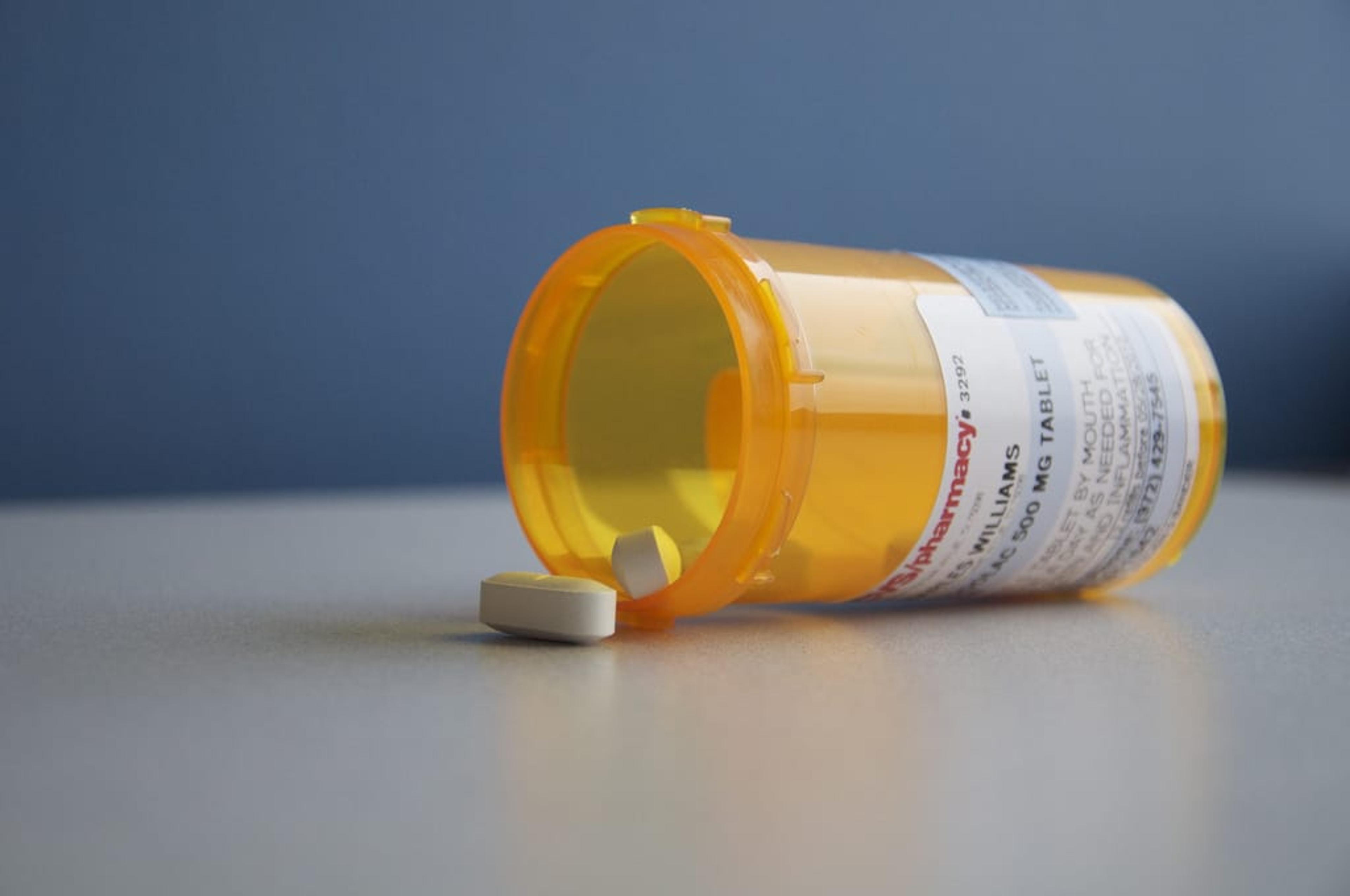Grant Will Help Grand Haven Clinic Patients with Medication Adherence
Julie Bitely
| 3 min read

Taking prescribed medications in the correct dose, at the right time of day and as intended by a physician is crucial in the management of chronic diseases and medical conditions. For people trying to manage their illnesses alongside complex life circumstances such as homelessness, unemployment or stress and anxiety, adhering to a proper medication schedule often isn’t their most pressing concern. For patients at the Love in Action Free Health Clinic in Grand Haven, a new program called My Rx Health can help. Funded by a grant from Blue Cross Blue Shield of Michigan and the Blue Cross Blue Shield of Michigan Foundation, the program will help patients with at least one chronic illness who take three or more medications get their prescriptions in order and develop strategies to take them properly. Clinic director Jody Buttery said the reasons patients might not take their medications as directed are as complicated and varied as their medical histories. A patient’s medication might make him nauseated and instead of calling the doctor, he might just stop taking it. A person who can’t afford their insulin prescription might adjust the dose or try to compensate through diet, often with less than ideal results. To address the issue, Love in Action is working with registered pharmacist Neal Miller, who is Medication Therapy Management Certified, to offer medication management consulting. Interested patients will fill out a questionnaire asking about their prescriptions and any over-the-counter medications or supplements they’re taking, as well as information about when they take their prescriptions and how much they’re actually taking. Miller reviews the questionnaire, identifying any possible interactions or usage discrepancies. He’s particularly interested in when patients are taking their medications. Certain prescriptions have very specific instructions about the time of day they should be taken, which can dramatically affect their efficacy. For example, many cholesterol medications work best when taken right before bedtime. “You’d be surprised by how many people take it at noon or take it in the afternoon and it does have an effect on how the medication works,” Miller said. “If they don’t take it correctly … it’s not going to do them any good and they may get frustrated and might just stop taking it,” he explained. After reviewing their questionnaire, he visits patients at home to develop an action plan toward improvement. Many patients simply aren’t aware they’re taking their medications improperly and focusing on education is enough to help them change. Others need strategies to put in place to help them manage better. Typically, after they’ve made changes the positive reinforcement that comes from seeing their health improve can make the changes stick. Miller said better health can be achieved when patients are fully educated about their disease states, know their health status and receive positive reinforcement about medication adherence. Buttery said the clinic expects to help about 50 patients develop medication adherence plans. Many are expected to come from Love in Action’s sheltered housing program, which also assists with life skills and job placement needs. “Our goal is to be a stepping stone for people,” she said. “We want to provide hope as a clinic.” A variety of metrics will be used to measure success including patients’ reporting an increase in self-care, improved medical measurements such as blood pressure and reported mental health improvements in patients. If you liked this post, you might also enjoy:
- Spend Less at the Pharmacy in 5 Easy Steps
- How Do I Know if I'm Allergic to Certain Medications
- Less is More: You May Not Need an Antibiotic
Photo credit: Charles Williams





